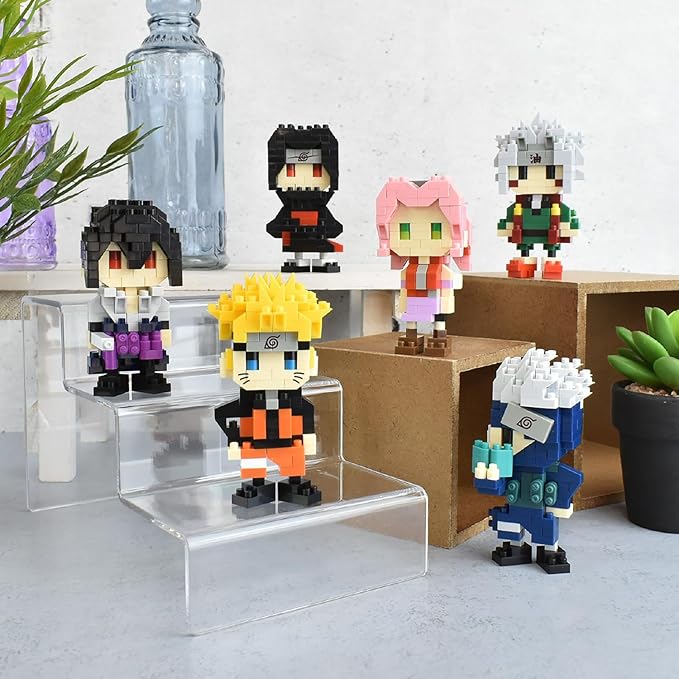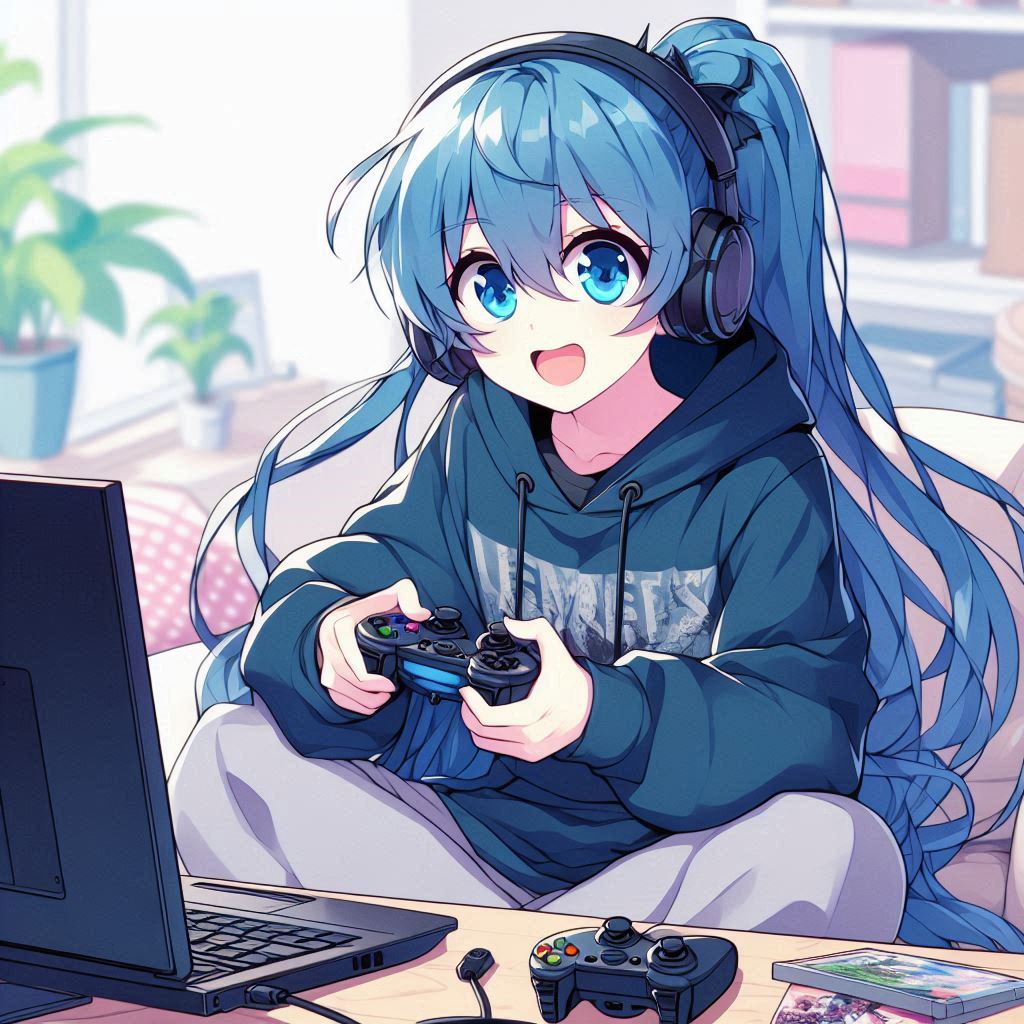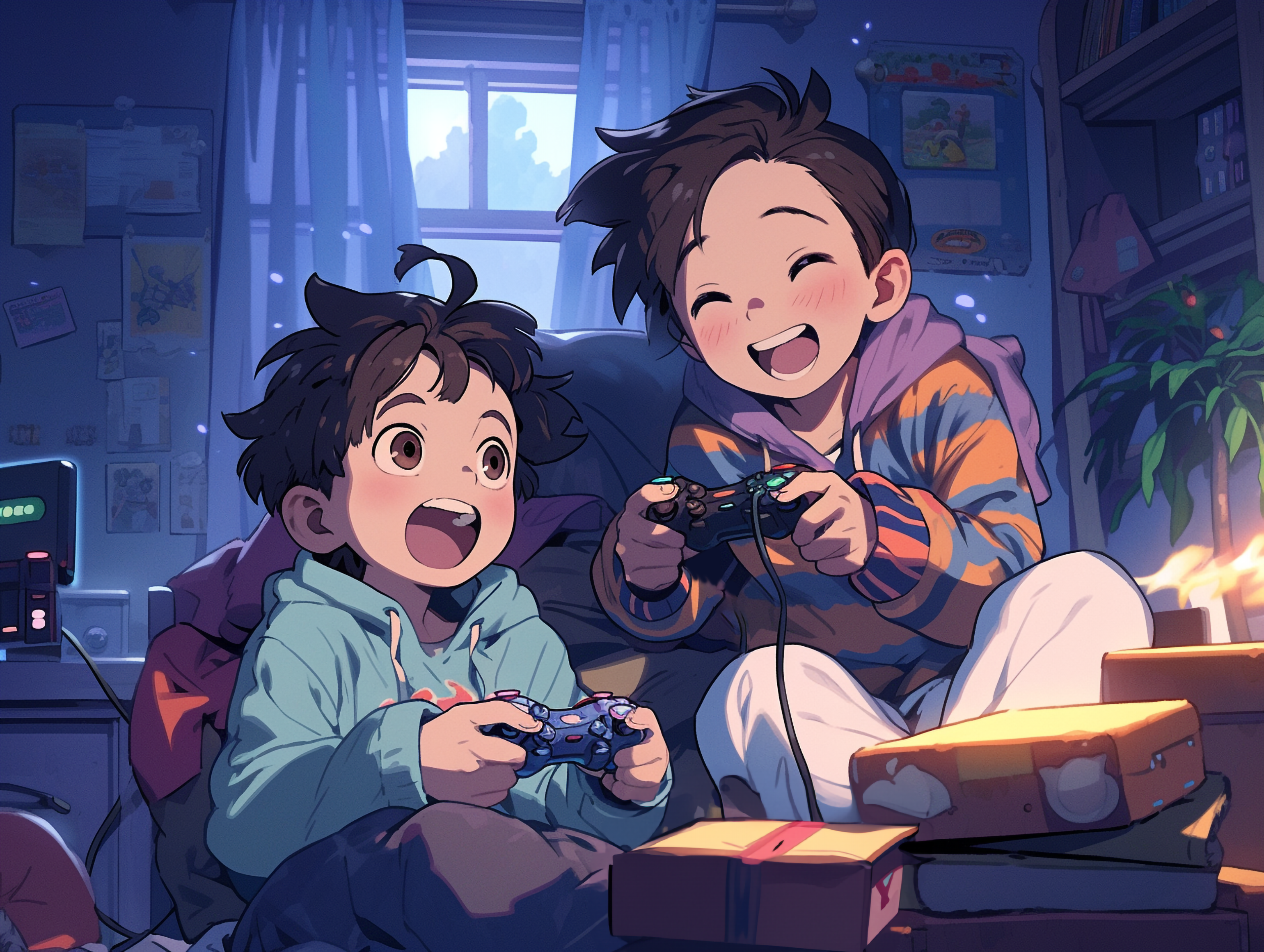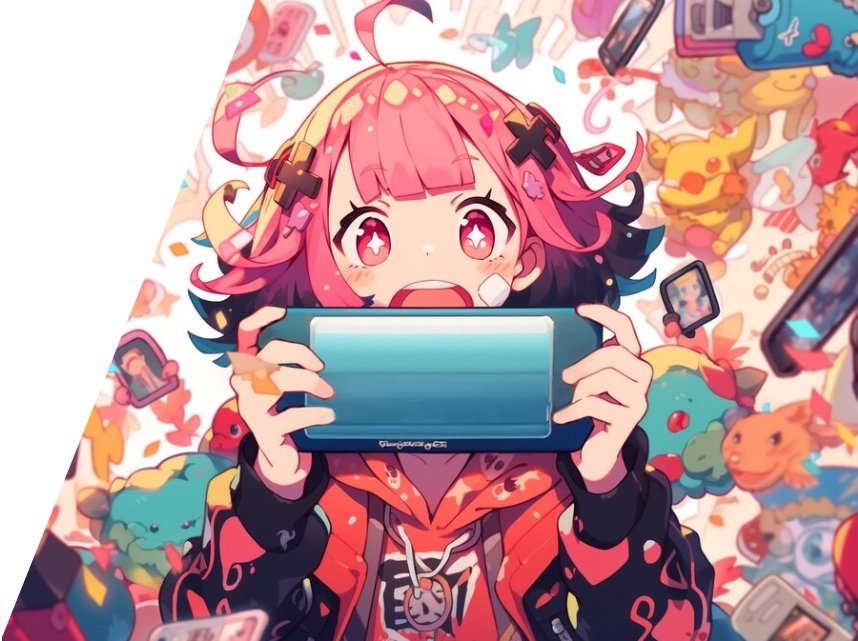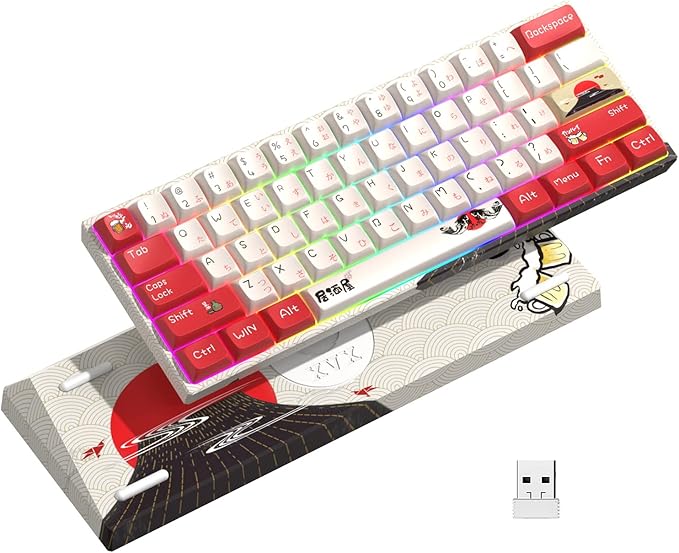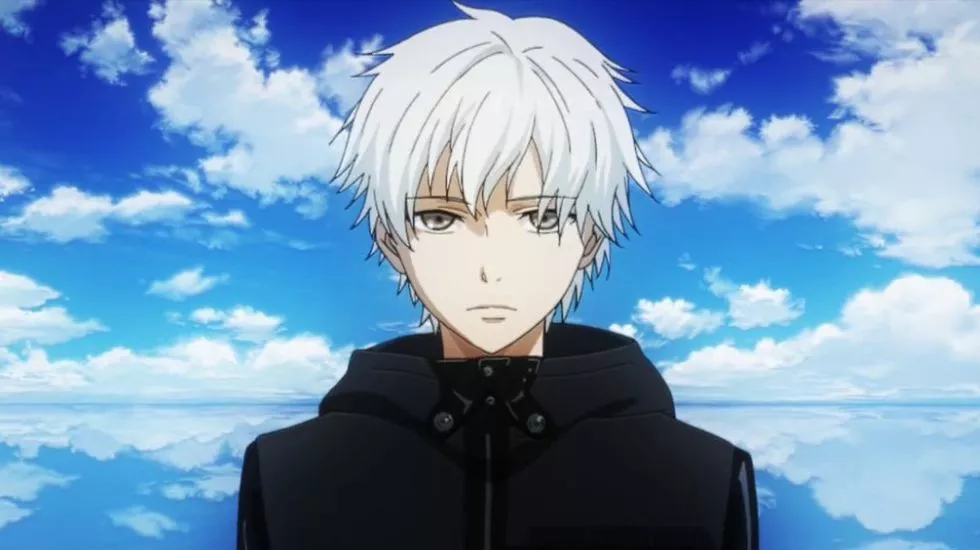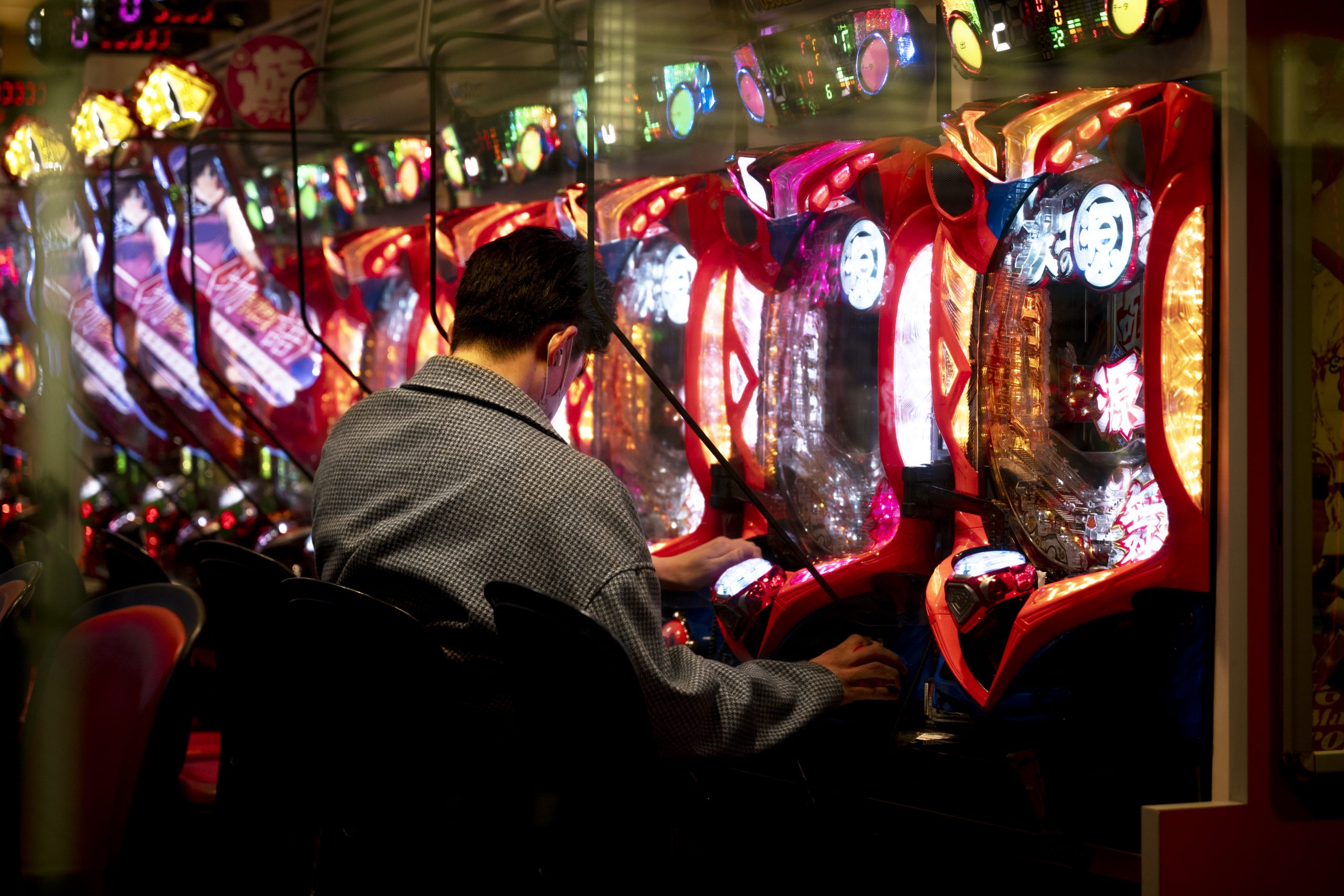Author: ShiroiYozora 01.09.2024
From Pachinko to Pokémon: How Japanese Games Conquered the World
Contents
- 1 From Pachinko to Pokémon: How Japanese Games Conquered the World
- 2 Gaming Zone!
- 2.0.1 Gadgets and more!
- 2.0.1.1 Unleash Your Inner Ninja: Best Naruto Gadgets from Amazon That’ll Make You Feel Like a Hokage
- 2.0.1.2 Level Up Your Fandom: 10 Best Anime Games That Even Non-Gamers Can’t Resist
- 2.0.1.3 Unleash Your Inner Samurai: Top 10 Japanese Games That Will Blow Your Mind – Part II
- 2.0.1.4 Unleash Your Inner Samurai: Top 10 Japanese Games That Will Blow Your Mind – Part I
- 2.0.1.5 10 Mind-Bending Japanese Games That Will Make You Question Reality
- 2.0.1.6 Top 10 Coolest Japan Styled mouse pads from Amazon
- 2.0.1.7 Top 5 Japan Styled Keyboards from Amazon
- 2.0.1.8 Top 5 Japan Styled Mouses from Amazon
- 2.0.2 Blog Posts!
- 2.0.1 Gadgets and more!
If you ever find yourself captivated by the universe of Pokémon or lost in the intricate mechanics of a Pachinko machine, you're experiencing a slice of Japan's remarkable influence on global gaming culture. This article delves into the journey that Japanese games have taken from local pastimes to worldwide phenomenons. From the early days of Pachinko parlors to the Pokémon boom that has swept the globe, we will explore how these games have not only survived but thrived in different cultural landscapes.
This site contains affiliate links to products. We may receive a commission for purchases made through these links. Learn more.
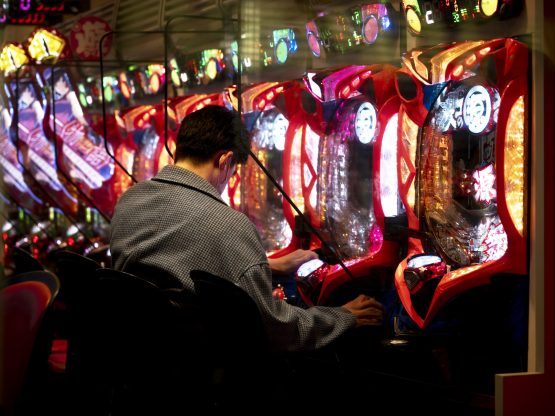
The Origins: Pachinko's Rise in Japan
A Brief History of Pachinko
Pachinko, a mechanical game resembling a mix of pinball and slot machines, has been a staple in Japanese culture since the early 20th century. Originally, these machines were simple wooden box games without any electronics. As technology advanced, so did Pachinko, evolving into highly sophisticated machines that can be found in dedicated parlors all over Japan today.
"Pachinko originally started as a simple amusement but has grown into a multi-billion yen industry," notes Hiroshi Takahashi, an expert in Japanese game history.
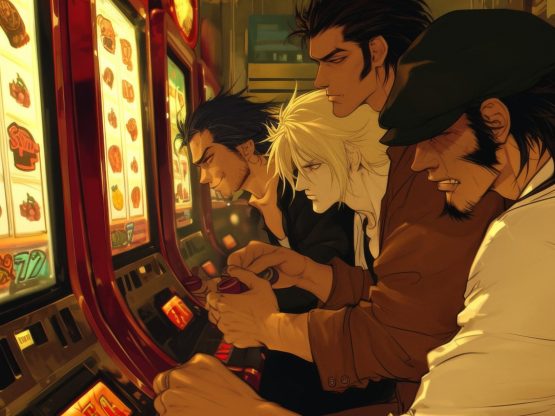
Cultural Integration and Social Impact
Pachinko parlors are not just places to play games; they are cultural landmarks that often serve as social gathering points. They contribute significantly to Japan's economy and have even influenced the development of other electronic gaming systems.
Links and Resources
For more on the history of Pachinko:
The Birth of Video Games: Japan Leads the Way
Arcade Boom of the 1970s and 1980s
Japan was instrumental in the arcade gaming boom of the 1970s and 1980s. Games like Space Invaders and Pac-Man, developed by Japanese companies like Taito and Namco, became global phenomena and laid the foundation for the massive arcade culture that followed.
The Console Wars: Nintendo vs. Sega
The 1980s and 1990s saw the rise of home consoles, with Nintendo and Sega leading the charge. Games like Super Mario Bros and Sonic the Hedgehog became household names, making these companies legendary in gaming history.
- Nintendo: Known for its creativity and family-friendly games.
- Sega: Famous for its competitive edge and arcade-to-home offerings.
The Pokémon Phenomenon: A Global Obsession
The Creation of Pokémon
Pokémon, short for "Pocket Monsters," was launched by Nintendo, Game Freak, and Creatures in 1996. Created by Satoshi Tajiri, the concept was inspired by his childhood interest in collecting creatures.
The Multimedia Expansion
Pokémon didn't just stop at video games. It expanded into trading cards, an animated TV series, movies, merchandise, and even a popular mobile game, Pokémon GO. This multi-channel expansion turned Pokémon into a global cultural staple.
Personal Anecdote
I remember the first Pokémon game I played, Pokémon Red, on my Game Boy Color. The sense of adventure and the drive to "catch 'em all" was captivating. Sharing link cables to trade Pokémon with friends was more than just a game; it was a social activity that created lasting memories.
The RPG Revolution: Final Fantasy and Beyond
Square Enix and the JRPG Genre
The Japanese Role-Playing Game (JRPG) genre owes much of its global popularity to Square Enix's Final Fantasy series. Since its debut in 1987, the series has captivated gamers with its storytelling, intricate gameplay, and stunning graphics.
Influence on Western Games
The success of JRPGs has influenced countless Western games, bringing complex narratives and strategic turn-based gameplay into the mainstream.
Modern Japanese Gaming: Innovations and Trends
Mobile Games
With the advent of smartphones, Japanese companies have successfully transitioned into mobile gaming. Titles like Puzzle & Dragons and Monster Strike have garnered massive followings and generated substantial revenue.
Virtual Reality and Augmented Reality
Companies like Sony have taken bold steps into the realms of Virtual Reality (VR) and Augmented Reality (AR). Sony's PlayStation VR has opened up new avenues for immersive gaming experiences.
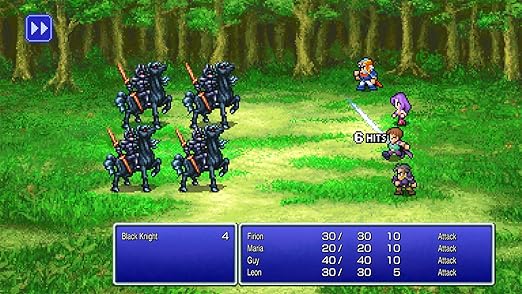
Get yourself FINAL FANTASY I-VI Collection!

Get yourself PlayStation VR2!

Check Puzzle & Dragons!
Conclusion
From the glittering Pachinko parlors of Japan to the Pokémon craze that has taken the world by storm, Japanese games have left an indelible mark on global culture. Their ability to innovate, adapt, and captivate audiences worldwide is a testament to the creativity and dedication of Japanese game developers. Next time you find yourself engrossed in a game, remember that you’re part of a global community, sharing an experience that started in Japan but has touched hearts all over the world.
Takeaway: Japanese games have not just entertained but also brought people together across different cultures. Their influence is a blend of historical roots, technological innovation, and cultural storytelling that continues to evolve.
Gaming Zone!
Gadgets and more!
Blog Posts!
Shiroi Castle is a participant in the Amazon Services LLC Associates Program, an affiliate advertising program designed to provide a means for sites to earn advertising fees by advertising and linking to Amazon.com. Amazon, the Amazon logo, AmazonSupply, and the AmazonSupply logo are trademarks of Amazon.com, Inc., or its affiliates.
Some of the graphics used to design the website has been created by Freepik www.freepik.com, using Adobe Firefly AI or Microsoft Designer.



